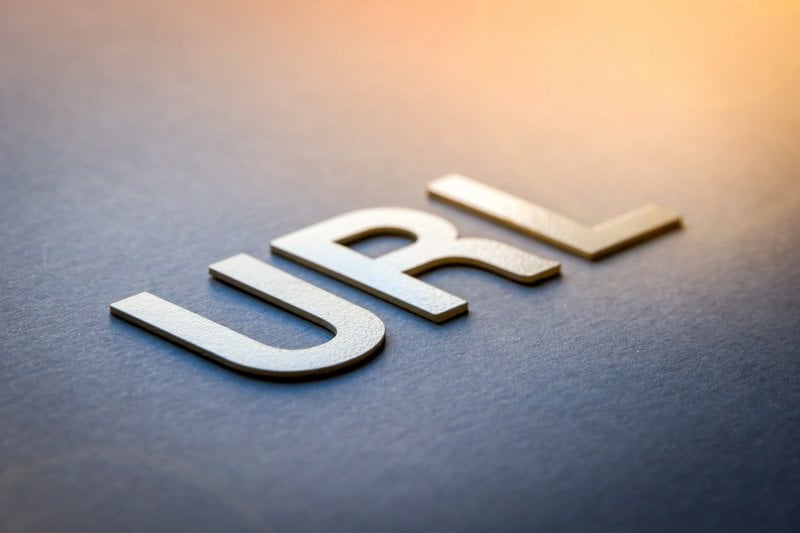URL Rewriting: What It Is and Why It’s Important
As its name suggests, URL rewriting is the process of ‘rewriting’ Uniform Resource Locators, known as ‘URLs’ for short. Among the general public, URLs are referred to simply as ‘web addresses’; in other words, the string of characters that internet users type into their browsers in order to visit particular websites.

What Is URL Rewriting Used For?
IT professionals use URL rewriting to accomplish a wide range of objectives. For example, URLs are often rewritten to augment the visibility of a website or web page by making its web address more prone to be recognized by search engines.
In this regard, URL rewriting serves a similar function as Search Engine Optimization (SEO), the primary aim of which is to enhance the quantity of internet traffic to a particular website from popular search engines such as Google or DuckDuckGo.
Coding Tools and Rewrite Engines
URL rewriting is generally implemented with various coding tools, but these days, most URL rewriting is carried out with the use of rewrite engines. These are software components specifically designed to reformulate URLs with a view to making them more search-engine-friendly.
URL Rewriting as a Hacking Tool
Unfortunately, URL rewriting can also be used for more nefarious purposes. For instance, URLs can be rewritten by hackers with the aim of ‘spoofing’ legitimate websites. When this happens, users are redirected, without even knowing it, to the sites and pages of the hacker’s choosing.